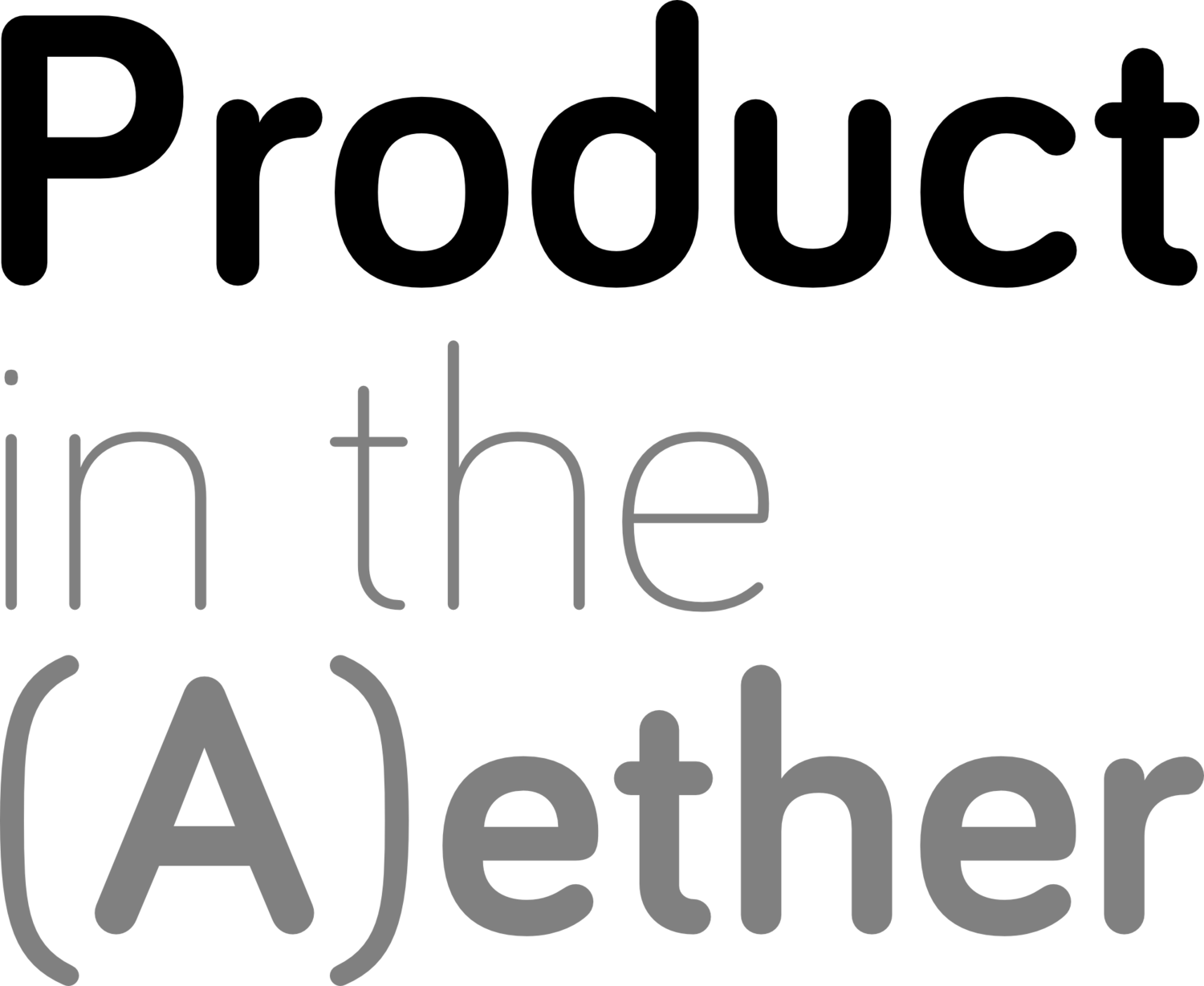PITA 020
TOPIC 1: Silos and difficult stakeholders - how to deal with them
Call it out - either there and then, or following up (email template, titled HERE TO HELP)
Calculate the cost of the bad behaviour - meeting time, etc
Engage a moderator for meetings with multiple hard cases (someone from their world, someone calm, senior enough, respected)
Facilitators also useful - external, especially
Motivation/Intention mapping - figure out what drives the behavior
Be explicit about the RACI
Think about if they are really being “difficult” - maybe someone challenging multiple decisions and opinions is doing the company a favour
TOPIC 2: Data literacy - where to start in an organisation of mixed skills and competencies and some are afraid of the word data
Don’t assume anything
People who are Subject Matter Experts in other areas may speak different ‘languages’ ut have simpler philosophies and wants - just different frameworks
Engage them in things that solve their problems (and yours)
Ask them what they want to know/measure?
Ask them: what does data mean to them? Don’t engage from your specific domain. Break it down for a mutual understanding
Tricia Wang: The human insights missing from big data | TED Talk and her course with Matt LeMay, Integrated Data Thinking.
Don’t teach someone to fish if they don’t have a pole/hook/net. Make sure they have the tools and the knowledge as needed.
TOPIC 3: How do you “switch off” for small intervals during the workday, i.e. lunchbreak, especially from home?
Get out of the house
Run
Shop
Read
Cook (prep lunch). Bake sourdough
5-minute workouts where you don’t need workout clothes or equipment: Playlist
Do an online workout (especially if live with other people)
Look up at the sky. Actually look!
Move around the house. Sit in different places
Turn video off for meetings when just listening and change position
Do NOT start online gaming
eat/snack in your garden/on a walk
TOPIC 4: Onboarding to a new team / part of the product - tips?
Start with a specific project of fixed duration - but also create a space of demoing everything we have, delay the actual objective for a while
Get a view of the data
Customer service - incoming calls/queries
Test the product
Stakeholder formal interviews (Post a sample)
Talk to customers (alone or with others, ideally not with people too senior to you)
Go through any research/discovery on the product genesis: Why did we make this in the first place?
Innovation games (like Business Origami: A Method For Service Design | by Chenghan (Hank) Ke)

